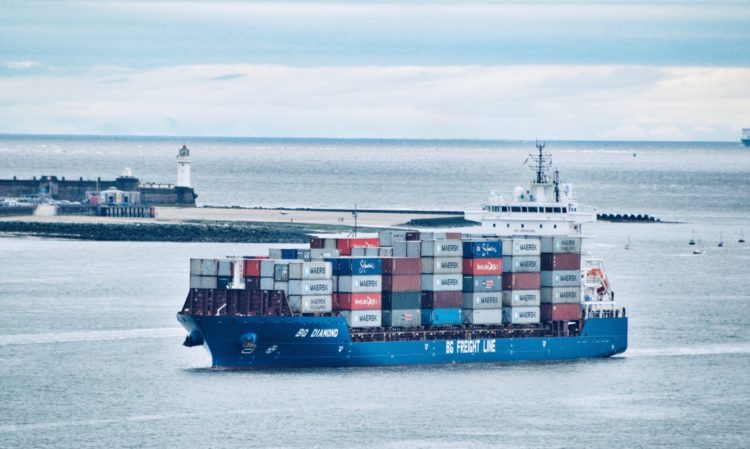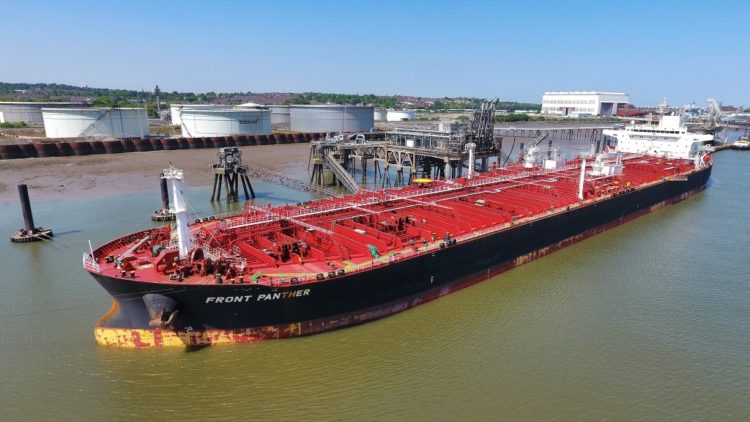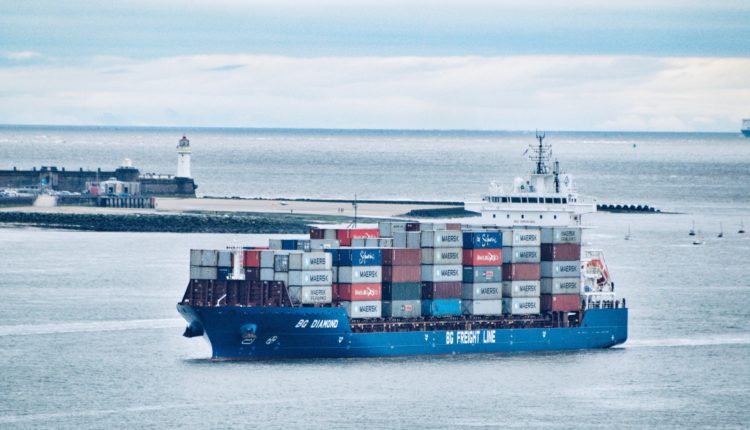Crewless robot ships heading for the Mersey?
British Ports Association launches new study into autonomous vessels which could be a reality in the Mersey in the next few years. Tony McDonough reports

Ports across the UK, including the Port of Liverpool, are being asked to start preparing for the arrival of autonomous ships.
Many people are now familiar with the development of autonomous vehicles, such as cars and even planes. But fewer are aware that the push for commercial shipping with minimal or no crew, controlled by computer or by remote pilots, is accelerating.
The idea of huge oil tankers and container ships moving up the Mersey without any crew on board may seem a scary prospect to some. But it is likely to be a reality in the next few years.
Autonomous vessel projects are already under way in parts of the world and the COVID-19 pandemic has pushed the development of the technology higher up the agenda. More than 90% of goods are moved by ship but fears that some crews might be positive for coronavirus has seen some vessels stranded at sea.
Now the British Ports Association (BPA), which represents 85% of UK ports activity, is asking for evidence from the UK maritime sector about what they think autonomous shipping could mean for British ports.
The implications for Liverpool city region’s £4.2bn maritime sector could be huge with some of the world’s biggest vessels coming in and out of the Mersey on a daily basis. Peel Ports £750m Liverpool2 terminal is looking to welcome even more shipping to the port following the UK’s exit from the European Union.
As part of the initiative the BPA is creating a new Autonomous Shipping in Ports Network and opening a call for evidence from the wider maritime community on what ports should consider to prepare for receiving autonomous ships in the future.
This will feed into the BPA’s own MASS (Maritime Autonomous Surface Ships) analysis as well as its discussion with industry partners through bodies such as the industry umbrella group Maritime UK.

Richard Ballantyne, chief executive of the BPA, said: “The prospect of seeing autonomous ships in UK ports is definitely on the horizon but there will be much to do to prepare ourselves.
“This includes the consideration for port and marine operations, regulatory frameworks, infrastructure and receptions facilities, land to vessel communications and vessel safety. Although we are at the early stages, a lot of work is taking place across the maritime community.
“Many UK ports are now starting to ask what they should be considering as they develop their ports and recruit the next generation. This will be an ongoing initiative for the BPA but initially we are inviting evidence from a cross section of maritime sector organisations.
In Norway, the autonomous container vessel Yara Birkeland is being built. The all-electric ship will transport fertiliser from Yara’s factory at Herøya to the ports at Breivik and Larvik. It will hold up to 150 shipping containers.
Initially, there will be a crew onboard. This will then switch to a remote crew and then, after a couple of years, the ship will be fully autonomous. It will navigate the fjords and sea using GPS, radar, cameras and sensors.
With no fuel or a crew, it is estimated Yara Birkeland will save up to 90% in annual operating costs compared to similar-sized conventional vessels. It is also estimated to replace 40 000 truck journeys a year.
The BPA says its study will also help it support and participate in various government initiatives in the UK such as Maritime 2050, the work of the Maritime Skills Commission and other innovation, sustainability and infrastructure projects.
For full details on the study, click here.

